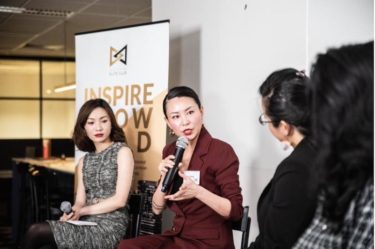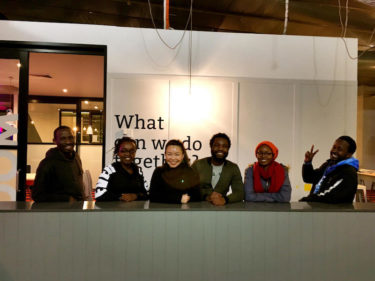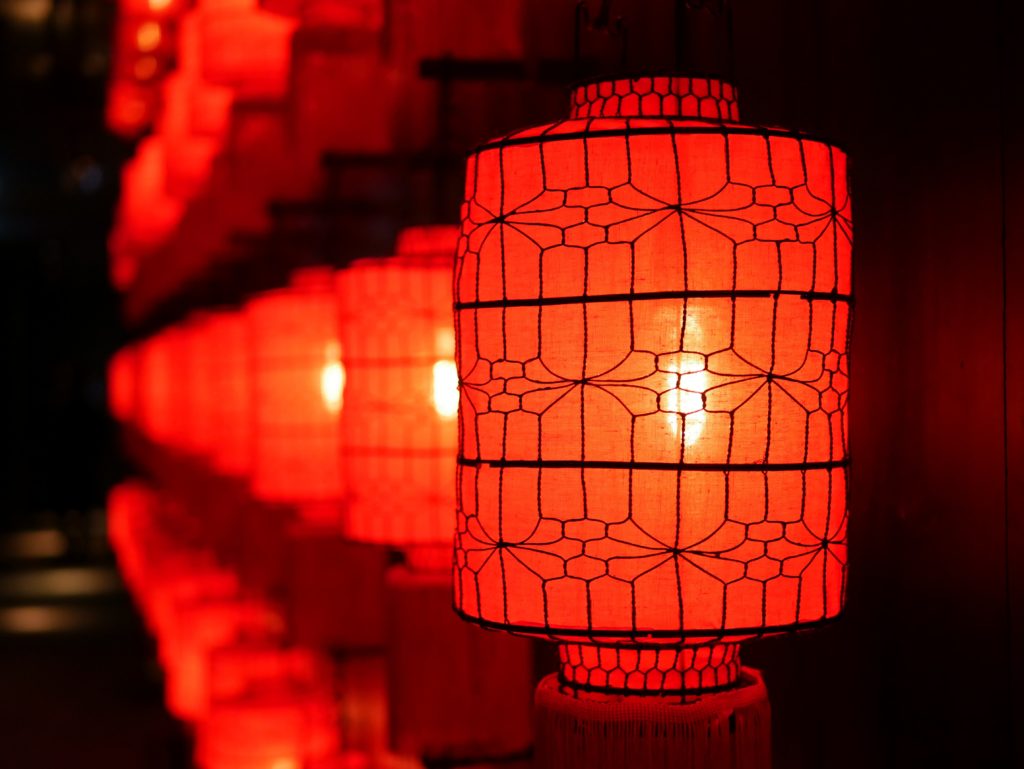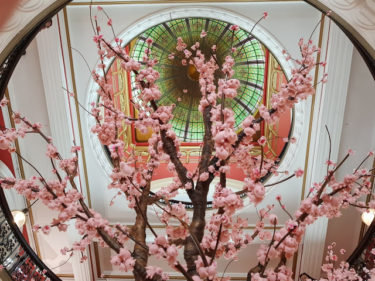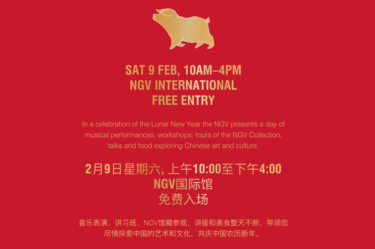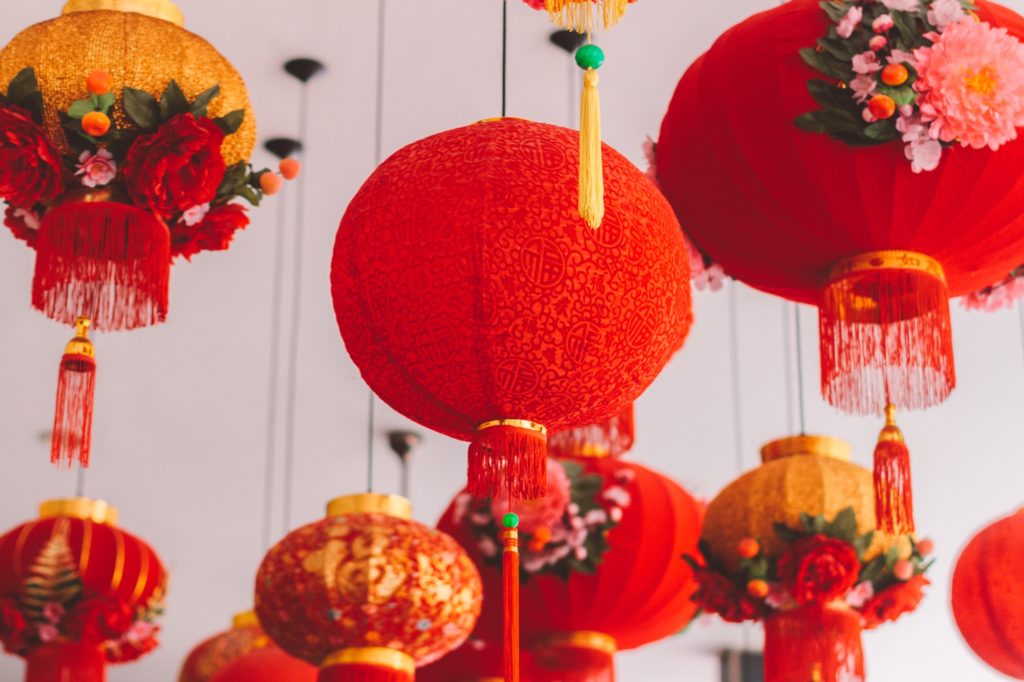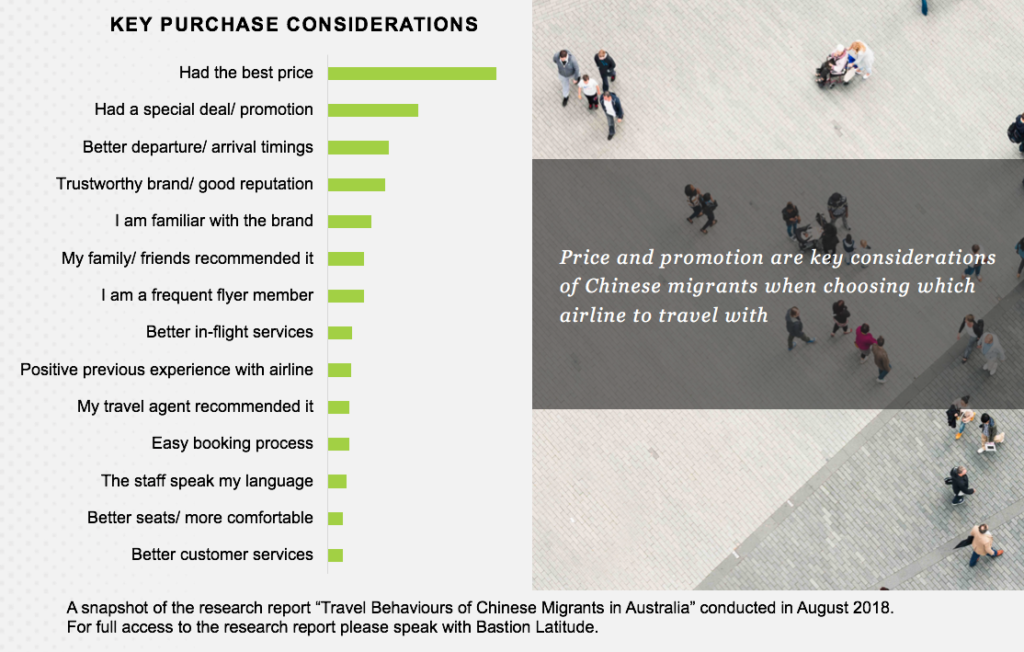Growth Faculty sat down with our CEO, Dianne Gardiner, to talk about the challenges and rewards that come from running a market research firm and the launch of The Golden Voice, a one-of-a-kind Chinese Australian research community.
Dolce & Gabbana is in major damage control for its ad campaign. Vogue and People magazines are also in the bad books for naming gaffes. Treating the Chinese consumer with disinterest or contempt is backfiring on brands worldwide, and it sounds a warning bell for Australian businesses.
Dianne Gardiner, entrepreneur, and CEO of market research firm Bastion Latitude has a mission to help us deeply understand the 1.2 million people with Chinese ancestry living here in Australia (a 115% growth rate since 2001).
Her team has launched the Golden Voice Community, the first, local, and independent in-language research community in Australia comprising more than 5000 Chinese Australians.
Dianne, what’s a story that is significant in your entrepreneur’s journey?
In 2016, eight years after starting my business, I decided to sell a majority stake to Bastion Collective. Most people interpreted this as an exit, but I actually did this with the intention of growth. While many business owners would be afraid they were giving up control, within the Bastion Collective model this is not the case. I am CEO and I continue to run the company today, but the difference is I have support around me to help it grow.
Three years on, the 20% stake I retained is worth more than the 100% I owned when I sold the majority stake. Through becoming part of a larger group, I was able to scale. I’m now looking and planning things I could never have imagined doing when I was a small business owner with a small team trying to do everything on my own. I am now truly able to work on the business, not in it.
Where did the name Bastion Latitude come from?
Our name originally was ‘Latitude Insights’. When we became part of the group, we changed our name to Bastion Latitude. (Recently we finally said finally goodbye to ‘Latitude’ and renamed as Bastion Insights)
What changes have there been in the market research industry in the time you’ve been in business?
Our industry has changed a lot. Over the 10 years of business, we have seen the evolution of social media, the growth of data, UX and now CX. Human-centered design has evolved and ‘designers’ and agile teams are doing research. The role of market research has evolved from being about collecting primary data to help business decision making. To melding data from different sources to demystify complexity, and improve the experience of brands, products, and society.
Why did you set up the Golden Voice Community?
I’ve been a researcher for 20 plus years, and half of my work is social research, working with the government and community service organisations. And, typically part of that work is a multicultural component, and in all honesty, it’s not done very well, because those communities are harder to find, the research is costly and harder to do.
There are language barrier issues, they’re more reserved, and they’re not a community that’s used to voicing opinions; they’re just not used to being researched. They want a voice, (but) it hasn’t been the easiest thing to set up. We had to start from scratch and we’ve built it in a different way than we would from our more mainstream research tools. WeChat is very much integrated in their lives, so that means speaking to them in Mandarin or in simplified Chinese, adding a whole new layer and complexity. It’s been a fantastic journey so far.
What the key things you’ve learned about the differences of the Chinese consumer?
The reality is we always call them the Chinese consumer, but they’re not all the same. With so many differences within the Chinese community, such as where they’re from; there are 200 plus dialects in Chinese language, it gets complicated when you dig under the surface. There is definitely the language barrier, they may speak good English, but speak Mandarin or one other dialect at home, and that’s the language they think in.
When you’re trying to research and understand at an emotional level, you really need to be doing that in their native language. Otherwise, you’re skimming the surface, and missing the nuances there.
If we look at things from our framework, we make assumptions about what’s important. One difference is that their culture is one of face value, it’s very important, they are not necessarily going to tell you to your face; you’ve got to dig underneath because sometimes what they say and what they think are two different things. In China, the Government has a very different role than it does here. For that reason, the way in which you approach asking about things, and how they seek out information, is going to be different.
Can you share any examples of how poorly communicated sales/marketing might affect businesses?
A recent bad example was Dolce & Gabbana’s campaign (the luxury Italian fashion brand marketing campaign showed a woman struggling to eat pasta and pizza with chopsticks). They so got it wrong. This is one thing some people sometimes can get wrong, the humour and making fun of a culture. There’s a very fine line particularly among the Chinese in terms of their heritage and things you can make fun of, and others you can’t. I’d hate to guess how much D&G have lost in business, but it may have eroded billions of dollars off their brand.
What does the Chinese consumer in Australia want?
Ultimately it’s no different to any of us. They want to be included, want to belong, want to be part of something, don’t want to be misunderstood, nor misperceived, nor misrepresented. Things like Crazy Rich Asians give perceptions of the Chinese consumer, and they’re not all like that, that’s for sure. So, in the end, don’t stereotype. Try to understand it from their perspective, and give them a fair go in our society. There are lots of barriers; they come out here and study but they can find it difficult to get a job or can be overlooked for promotion.
Who’s the Golden Voice Community going to be most valuable to?
The commercial sector (how you refine your message and target that community), as well as government and others. And, it might help those businesses trying to market to the Chinese in China because what we do know about the Chinese consumer is they rely a lot on their word of mouth and network for information on products, services, etc. And the recommendation is a huge thing in that community.
What are the 3 challenges facing the market research industry?
- DIY
- Data is everywhere now
- Privacy
What about your own team’s diversity? And, what efforts have you made to create a good company culture?
Culture is a critical part of who Latitude is, and I have seen this challenged and change over time as we became part of Bastion Collective. We work actively to maintain a flat, autonomous culture that seeks to ensure we are helping people become better versions of themselves. Culture diversity is something I have actively worked on over the last three years. There was a point I thought we fell into the habit of recruiting too many of the ‘same’. Now, with a team of 18 across two offices, covering an age span of 22yo to 50yo, 8 nationalities and speaking 10 languages, we embrace and celebrate our differences, coming together as a cohesive but diverse team.
Female leadership is another area that we actively support and advocate, with 80% of the executive leadership team being female.
What is the minimal information you would recommend every business discover about their consumer base?
Start with the basics (who, why and how):
1. Who are they? (age, gender, where do they live?)
2. Why they are your customer? (what was their motivation, and if they didn’t come to you, what was the next alternative?)
3. How did they come to become your customer? (how did they find you?).
Finally, do you have any lessons on leadership or a business practice that has been of great value to you?
There are so many, but one that resonates most with me today is the need to be respected, rather than liked. It is a lesson I have seen some struggle with as they move up in their career, and relationships need to change. Being a leader is lonely, you are not there to be liked, but you need to be respected.
Thanks, Dianne, and before you go, we’d love your answers to our GREAT EIGHT, eight questions we ask all our interviewees to get to know them better.
What’s a book you’d recommend?
Winging It by Emma Issacs
If you could co-author a book with anyone, who would it be, and what is the book title?
My step-daughter. She’s a budding writer, poet, and artist and one day I hope we can create something together.
What’s a great bit of advice you could share?
Surround yourself with people who build you up, support you, and challenge you in good ways. Don’t just find yourself a mentor, find yourself a team of mentors.
What’s been your lowest moment, and how did you recover?
When it became obvious our biggest client could no longer be our client. They were hemorrhaging money, they were no longer working as a partner, and we needed to turn our attention elsewhere or risk going down with the ship. It was a big deal because we had grown off the back of their work and they accounted for 70% of your revenue. But I wasn’t going to let this destroy us. I acted fast, made a couple of hard decisions, cut costs were I could, and focussed with dogged determination on developing a new client base. It was hard, and it probably took us two years to recover but in the end, we are a much better business for it. And, never again will I let a client account for so much power in my business.
How do you relax?
With a glass of pinot noir from our deck watching the birds go about their business. Spending time observing nature is the most relaxing thing I can do.
What’s a fun fact, that’s not well known, about you?
My partner and I own a small vineyard and I spend one weekend a month working in our cellar door, sharing my passion for wine.
What’s the secret of success?
Become comfortable with being uncomfortable. To evolve ourselves and our businesses we need to lean in to change, take risks and be prepared to make mistakes – and that usually makes us uncomfortable.
What’s a prediction for 2025?
All I know for certain is that a lot will have changed! Last year when Latitude celebrated 10 years in business, we put together a video showcasing 10 years of events that had impacted the world and business. It was amazing to reflect on the change that occurs in 10 years. To quote Bill Gates “We always overestimate the change that will occur in the next two years and underestimate the change that will occur in the next ten”.
This article, titled ‘NOT ALL CRAZY RICH ASIANS – CEO’S RESEARCH INTO AUSTRALIA’S CHINESE CONSUMERS’ originally appeared on The Growth Faculty. You can view it here.


